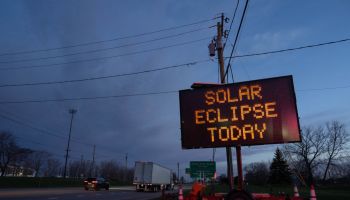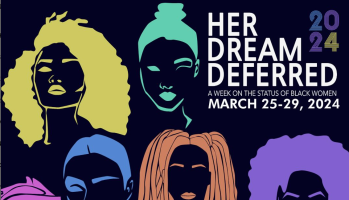WASHINGTON — U.S. employers added a better-than-expected 151,000 jobs in October, the first monthly increase since May, but the gain was less than the 200,000 needed to start returning the 15 million unemployed Americans to work.
Private employers hired 159,000 workers last month, the Labor Department reported Friday in its monthly employment report, about double the amount expected, while the nation’s unemployment rate remained at 9.6 percent for a third straight month.
Government at all levels shed only 8,000 jobs in October, a much better showing than September’s sharp drop. And job loss data for August and September were revised to show 110,000 fewer workers were lost than previously thought.
Giving his first reaction to the October jobs report Friday morning, President Barack Obama pointed to the fact that the country has seen several months of private-sector job growth. But he added that the economic recovery still has a long way to go.
“The unemployment rate is still unacceptably high,” he said at a press event at the White House.
“We need to accelerate economic growth to create jobs at a faster pace,” Obama added. “I won’t be satisfied until everyone who is looking for a job can find one.”
Friday’s stronger-than-expected jobs report was certainly welcome news for the struggling U.S. economy, but challenges remain, cautioned Mark Zandi, chief economist at Moody’s Analytics.
“This is fantastic news, but let’s put it in context,” Zandi told CNBC Friday. “150,000 is the monthly job growth we need just to stabilize unemployment.”
“So for context we need much stronger growth than this to keep the economy growing,” he added, noting that the still-fragile nature of the U.S. economy illustrates why the Federal Reserve felt it needed to announce Wednesday a plan to buy $600 billion in Treasury bonds.
Those purchases are intended to lower interest rates on mortgages and other loans and help boost the economy.
Since new members of the House of Representatives and Senate won’t take office until January, the burden of trying to energize the economy will fall initially on current members. They will meet in a so-called lame-duck session Nov. 15.
Many economists think lawmakers will extend the 2001 and 2003 tax cuts, which are scheduled to expire at the end of this year. Obama had favored letting the tax cuts lapse for the highest-earning 2 percent of taxpayers. But Republicans have pushed to make them permanent for everyone.
On Thursday, White House spokesman Robert Gibbs said Obama would be open to extending the cuts for upper-income earners for one or two years.
The economy is likely to remain sluggish either way, and many economists see unemployment remaining above 9 percent through next year.
“Nobody is expecting rapid economic growth in the near future,” said Zach Pandl, an economist at Nomura Securities. “The economy still has a lot of challenges in front of it.”
That’s why the Federal Reserve wants to spur more borrowing and spending, boost the economy and encourage more hiring.
“The job market remains quite weak,” Fed Chairman Ben Bernanke wrote in a commentary published Thursday in the Washington Post. “A large number of people can find only part-time work, and a substantial fraction of the unemployed have been out of work six months or longer.”
To read more go to: http://www.msnbc.msn.com/id/40023597/ns/business-personal_finance/












